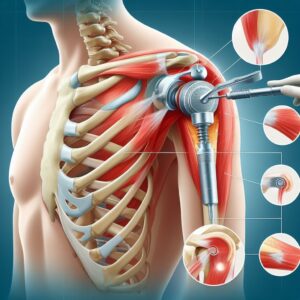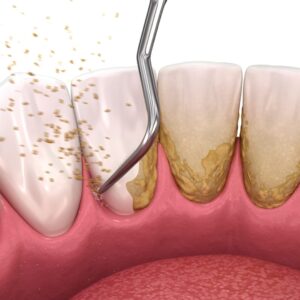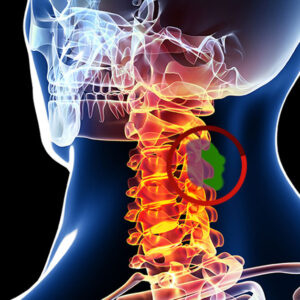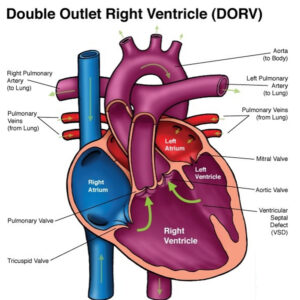Description
Familiarity with Treatment:
Sports Medicine Concussion Management involves the evaluation, diagnosis, and management of concussions in athletes. Concussions are commonly caused by a direct blow to the head or a forceful impact on the body that transmits an impulsive force to the head. It is important to promptly identify and manage concussions to ensure proper recovery and minimize the risk of complications.
Procedure:
The management of concussions typically involves the following steps:
- Evaluation and diagnosis: A healthcare professional, such as a sports medicine doctor, will assess the individual’s symptoms, conduct a neurological examination, and may use additional tests, such as neurocognitive testing or imaging, to confirm the diagnosis.
- Rest and recovery: After a concussion is diagnosed, the individual is typically advised to rest and avoid physical activities that may exacerbate symptoms. This may involve reducing screen time, limiting schoolwork, and avoiding physical exertion.
- Symptom management: Treatment may involve managing specific symptoms, such as headaches or sleep disturbances, through medication or other interventions as needed.
Gradual return to activity: Once symptoms have resolved, a gradual stepwise return-to-play protocol is initiated, under the guidance of a healthcare professional, to ensure that the individual can tolerate physical activity without any recurrence of symptoms. - Close monitoring: Throughout the recovery process, ongoing evaluation and monitoring are necessary to track progress and ensure that the individual is ready to resume full sports participation.
Who is it Suitable For?
Sports Medicine Concussion Management is suitable for athletes who have sustained a concussion. This may include individuals of various ages and levels of athletic participation, from recreational athletes to professional athletes.
Who is it Not Suitable For?
Sports Medicine Concussion Management may not be appropriate for individuals with severe traumatic brain injuries or other conditions that require immediate medical intervention, such as bleeding in the brain or fractures of the skull. In such cases, emergency medical care is needed.
Advantages:
- Proper management and monitoring of concussions can help prevent complications and facilitate recovery.
- It allows athletes to safely return to sports activities after a period of rest and rehabilitation.
- Education and guidance are provided to athletes, coaches, and parents regarding concussion prevention, recognition, and management.
Complications:
Complications from concussions can include persistent symptoms (post-concussion syndrome), repeated concussions with cumulative effects, and potential long-term cognitive and neurological issues. However, these complications are generally related to the nature of concussions rather than the management itself.
Preoperative Care:
Preoperative care is not applicable in Sports Medicine Concussion Management as it does not involve surgical procedures.
Postoperative Care:
Postoperative care is not applicable in Sports Medicine Concussion Management as it does not involve surgical procedures. However, ongoing follow-up and monitoring are necessary to ensure a gradual return to full sports participation while monitoring any potential recurrent symptoms.







Reviews
There are no reviews yet.